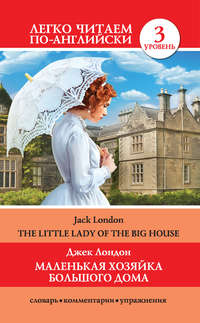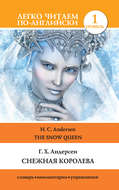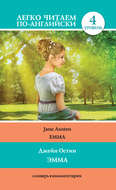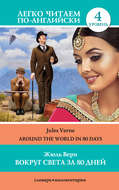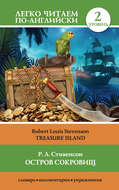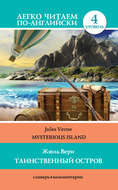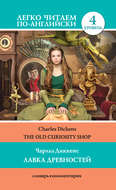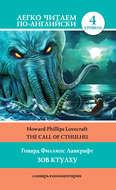Kitobni o'qish: «Маленькая хозяйка большого дома / The Little Lady Of The Big House»
© Матвеев С. А., адаптация текста, комментарии, упражнения, словарь, 2018
© ООО «Издательство АСТ», 2018
1
“Paula1,” Dick Forrest2, a rich rancher, said to his wife, a vivacious, athletic, and self-aware woman. “My best friend, Evan Graham3, will arrive tomorrow morning. Tell the servant to put him in the watchtower4. I hope he will work on his book.”
“Graham?—Graham?” Paula asked. “Do I know him?”
“You met him once two years ago, inSantiago5. He had dinner with us.”
“Oh, one of those naval officers?”
Dick shook his head.
“Thecivilian6. Don’t you remember that big blond fellow—you talked about music with him for half an hour?”
“Oh, to be sure,” Paula vaguely recollected. “He’d met you somewhere before …South Africa7, wasn’t it? Or the Philippines8?”
“That’s right. South Africa, it was. Evan Graham. Next time we met was on the boat on theYellow Sea9.”
“Butwho about him10, and what about him?” Paula queried. “And what’s the book?”
“Well, first of all,beginning at the end11, he’s broke12—that is, for him, he’s broke. He’s got an income of several thousand a year left, but all that his father left him is gone. But he doesn’t whimper. He’d graduated from the university. His book covers last year’s trip across South America13, West coast to East coast. The Brazilian government voluntarily gave him an honorarium of ten thousand dollars for the information concerning unexplored portions of Brazil14. Oh, he’s a man, a real man! You know the type—clean, big, strong, simple; been everywhere, seen everything, knows most of a lot of things, straight, looks you in the eyes—well, in short, a real man, indeed!”
Ernestine15, Paula’s sister, clapped her hands, and exclaimed: “And he will come tomorrow!”
Dick shook his head reprovingly.
“Oh,nothing in that direction16, Ernestine. Many nice girls like you have tried to hook Evan Graham. And, between ourselves, I couldn’t blame them. But he’s had fast legs, and they’ve always failed to get him into a corner17, where, dazed and breathless, he could mechanically mutter ‘Yes’ and come out of the trance to find himself roped, thrown, and married. Forget him, Ernestine. Graham is not for you. He’s old like me—just about the same age, forty years old—and, like me, he’s seen a lot. He knows how to run away in time. He doesn’t care for young ladies. He is merely old, and very wise.”
Bepul matn qismi tugad.
